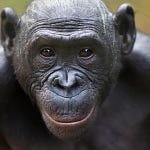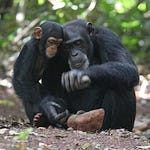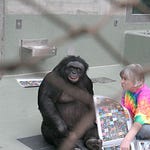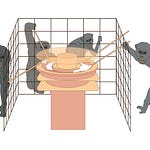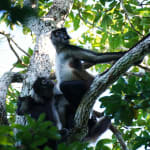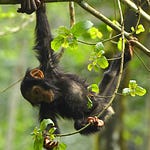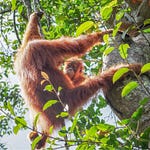When Motherhood Is Shared
In the steep escarpments and river valleys of Gombe National Park, Tanzania, a quiet yet powerful force is shaping the future of chimpanzee offspring—not genes, not dominance, but friendship.
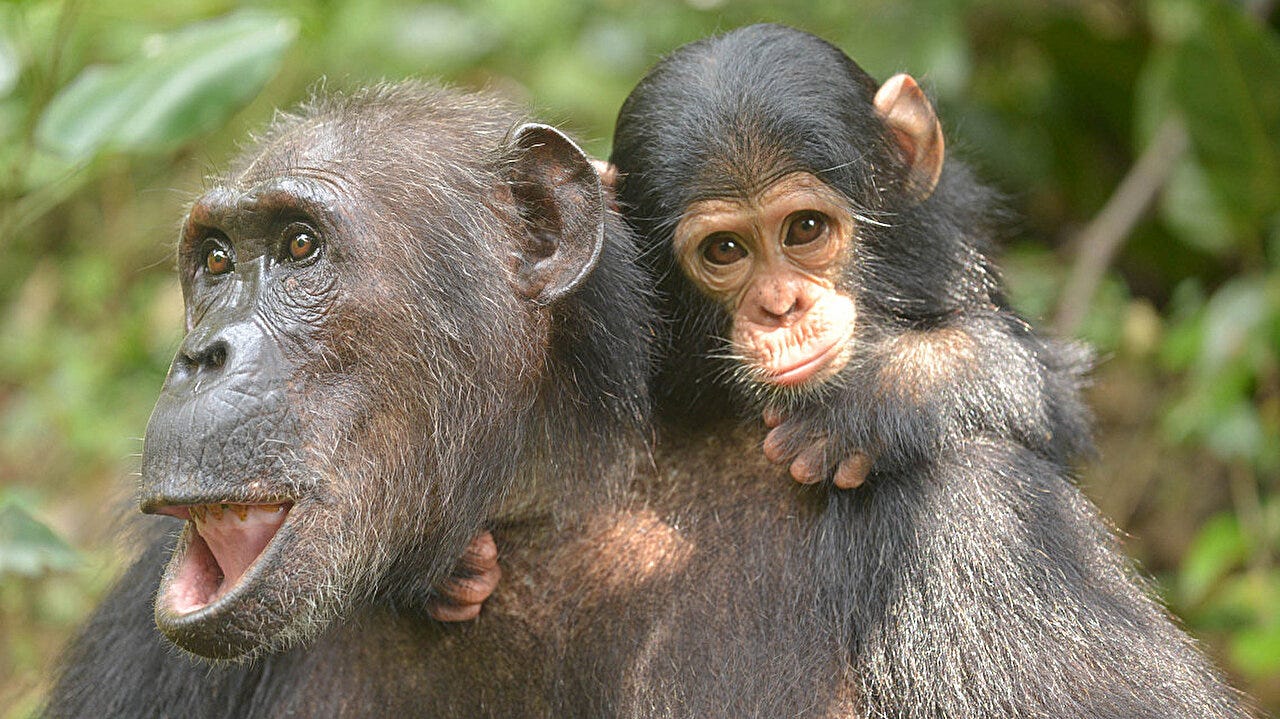
According to a 37-year longitudinal study published in iScience1, female chimpanzees (Pan troglodytes schweinfurthii) with stronger social ties to other females prior to giving birth were significantly more likely to raise their infants through the treacherous early years of life. What makes this finding particularly striking is that these bonds often formed in the absence of kin, suggesting that community—and not just family—plays a pivotal role in maternal success.
“Female chimpanzees that were more socially integrated with other females in the year before birth had higher offspring survival to age 1 and age 5,” the study concludes. “These effects held even among females who had no close female relatives in the group.”
Beyond Kinship
Most social mammals benefit from close bonds, but in many species, especially primates, those benefits are usually tied to family. Not so in this case. Unlike baboons, macaques, or vervets, female chimpanzees often leave their natal groups at sexual maturity and raise offspring among strangers. In Gombe’s Kasekela community, more than half of the mothers in the study had no adult female relatives present.
Yet their babies still benefited—if their mothers were socially integrated.
The research, led by Joseph Feldblum and colleagues from Duke University and the Gombe Stream Research Centre, examined grooming, proximity, and shared party time among 37 chimpanzee mothers and their 110 offspring. Female chimps who scored high on a composite sociality index (CSI-F) in the year before giving birth were far more likely to have surviving infants.
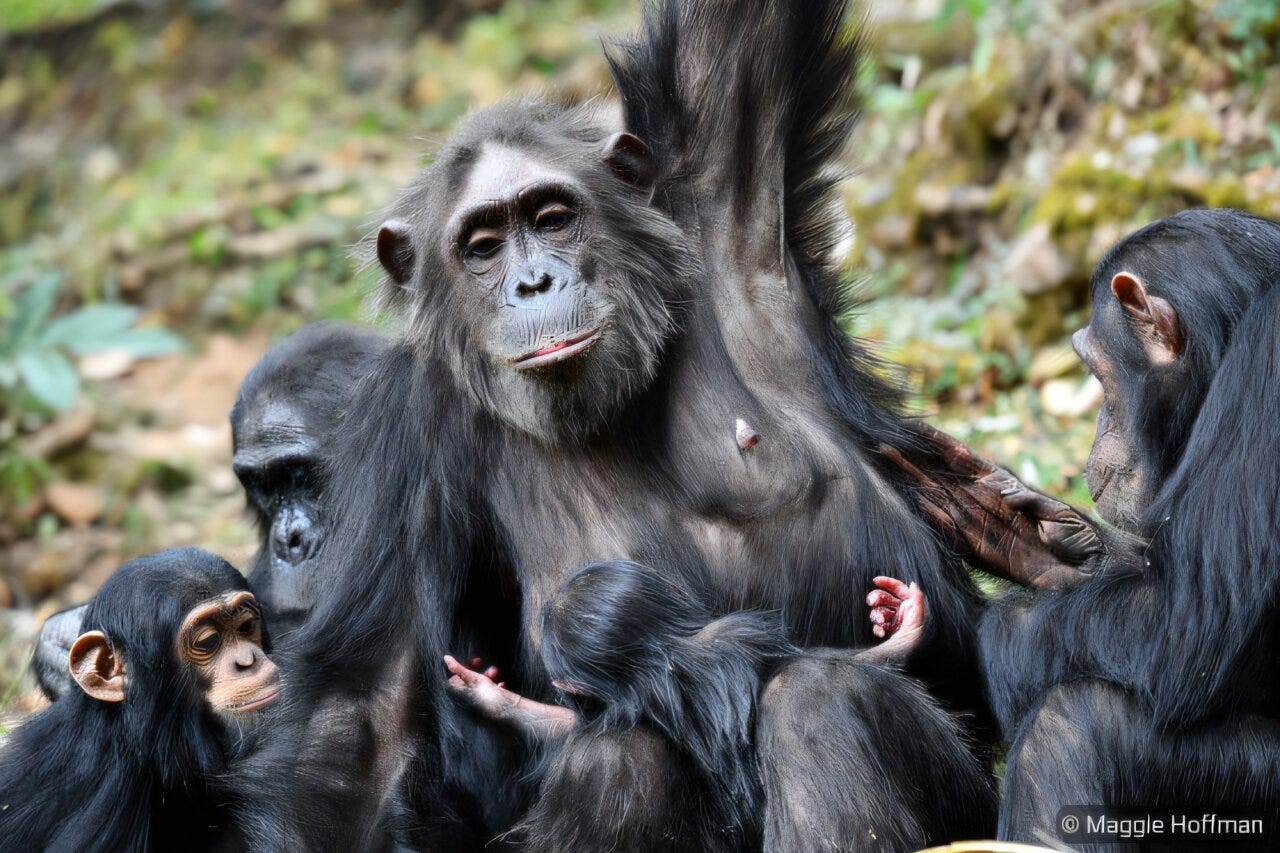
Statistically, the numbers were telling. A female whose social score was double the average had a 95% chance of her infant surviving the first year. For a female with a score half the average, that probability dropped to 75%.
“More socially integrated females had higher offspring survival even among the subset of females that lacked maternal female kin,” the authors report.
And this wasn't just a fluke of short-term alliance. The social behavior persisted after the infants were born, showing that these were stable relationships.
Not All Bonds Are Equal
Male-female interactions were also analyzed, but they offered no similar predictive value. Sociality with males—while important in other primate species for protection or paternal care—was not significantly linked to infant survival in this study. Nor was maternal dominance rank, a factor that in earlier decades at Gombe had correlated with reproductive success. That link appears to have weakened in recent years.
“Our results show that social bonds between females—not rank, not male protection—are what matter most for offspring survival,” Feldblum writes.
Kinship did have an indirect effect. Females with adult daughters, mothers, or sisters in the group were more likely to be socially integrated, and these relationships tended to be stronger. But kin presence itself did not predict infant survival.
Why Would Female Bonds Matter?
The mechanisms behind this survival benefit are not yet fully clear, but the researchers propose several plausible explanations. Strong social bonds could offer indirect protection against harassment, infanticide, or food competition—especially critical during the postpartum period when mothers are most vulnerable.
There is also the possibility of coalitionary support. In some other chimpanzee populations, bonded females form coalitions that can drive off rivals or defend access to resources. Social integration may thus function as a protective network, even if it doesn’t involve explicit help in infant care.
And perhaps most intriguingly, this survival benefit appears independent of matrilineal support. Like human women in patrilocal societies, who often forge supportive networks with non-relatives, chimpanzee mothers appear to succeed when they have trusted companions, regardless of shared genes.
Rethinking Social Evolution
This study reframes assumptions about the origins of sociality and maternal care in human evolution. In our species, cooperative child-rearing—often cited as a unique human adaptation—may have deeper roots.
“Human females who don't have access to kin—for example, because they moved to a new city or village—are still able to form strong bonds that benefit them,” said Feldblum. “Studying chimpanzees shows us that this capacity isn't uniquely human.”
The implications ripple outward. The results challenge the idea that kinship is a prerequisite for cooperative behavior in primates. And they suggest that the evolutionary scaffolding for human sociability—friendship, tolerance, mutual aid—was already well in place before Homo sapiens ever began raising children in camps and villages.
Related Studies
Here are some additional papers that help contextualize this new research:
Silk, J. B., Alberts, S. C., & Altmann, J. (2003). Social bonds of female baboons enhance infant survival. Science, 302(5648), 1231–1234. https://doi.org/10.1126/science.1088580
Kalbitzer, U., & Chapais, B. (2016). The function of adult female social relationships in primates. American Journal of Primatology, 78(12), 1226–1239. https://doi.org/10.1002/ajp.22580
Langergraber, K. E., et al. (2009). Genetic and ‘cultural’ similarities between neighboring chimpanzee communities. Current Biology, 19(7), 530–535. https://doi.org/10.1016/j.cub.2009.02.043
Feldblum, J. T., et al. (2021). Male chimpanzees with stronger social bonds have higher reproductive success. Science Advances, 7(20), eabf5274. https://doi.org/10.1126/sciadv.abf5274
Feldblum, J. T., Walker, K. K., Stanton, M. A., Lonsdorf, E. V., Mjungu, D. C., Murray, C. M., & Pusey, A. E. (2025). Socially integrated female chimpanzees have lower offspring mortality. iScience, 112863, 112863. https://doi.org/10.1016/j.isci.2025.112863


